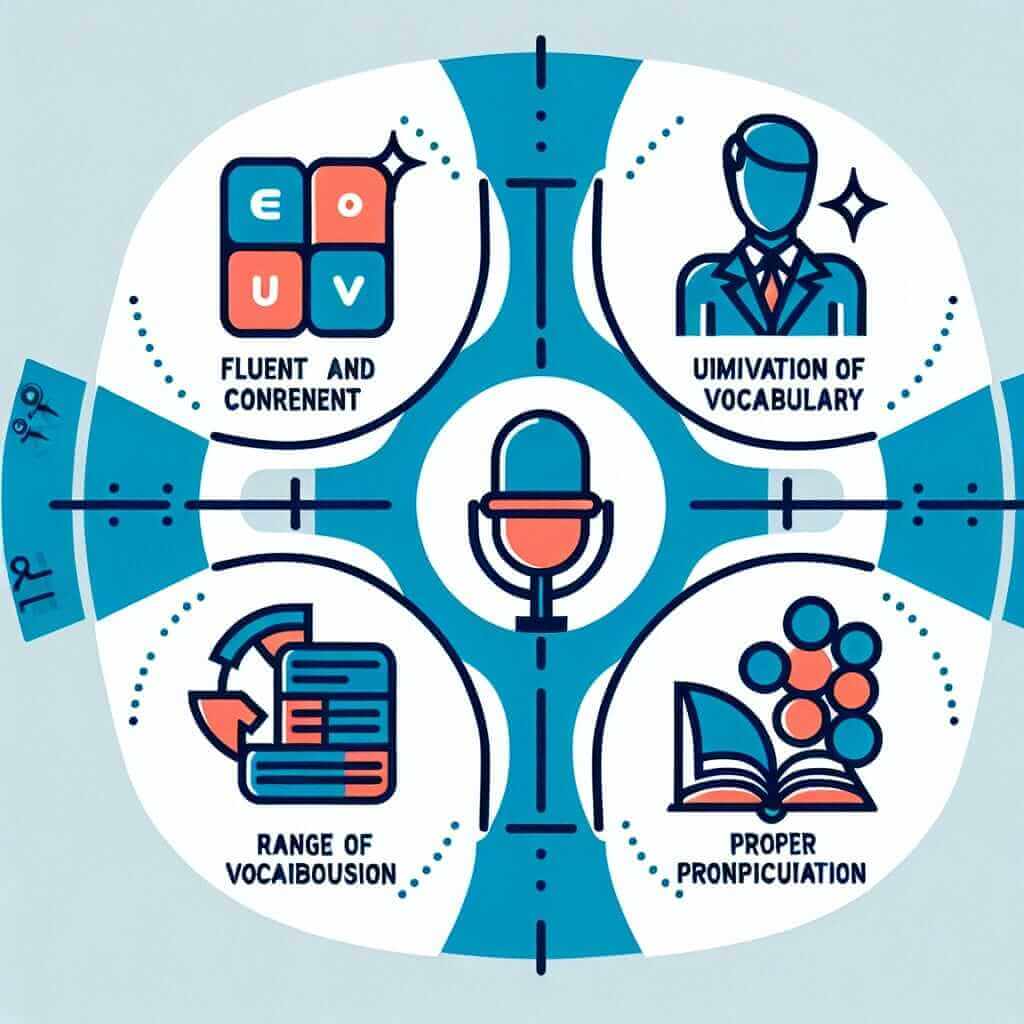The International English Language Testing System (IELTS) is a globally recognized English proficiency test. While it doesn’t directly use the Common European Framework of Reference (CEFR) levels like B1, understanding the equivalent can be incredibly helpful for test-takers aiming for a particular proficiency level. This article will delve into what constitutes a B1 level in the context of the IELTS Speaking test and how you can best prepare to achieve your desired score.
What Does a B1 Score Represent in IELTS Speaking?
Although there’s no direct B1 score on the IELTS, a band score of 4 is often considered comparable to a B1 level of English. This means you can:
- Communicate on familiar topics: You can handle everyday conversations about your personal life, interests, and experiences.
- Use basic grammatical structures: While you might make some mistakes, you can use simple and compound sentences to convey your message.
- Maintain a conversation: You can understand and respond to questions, although you might hesitate or need some clarification at times.
- Express your opinions simply: You can give your views on familiar topics, although your explanations might be brief.
How is the IELTS Speaking Test Evaluated?
The IELTS Speaking test assesses your spoken English proficiency across four key criteria:
- Fluency and Coherence: This assesses how smoothly and clearly you speak, including your ability to link ideas together logically.
- Lexical Resource: This evaluates your vocabulary range and accuracy in expressing yourself.
- Grammatical Range and Accuracy: This focuses on your ability to use various grammatical structures correctly.
- Pronunciation: This assesses how clearly you pronounce words and how easily your speech is to understand.

Tips to Improve Your IELTS Speaking for a B1 Equivalent Score
- Expand Your Vocabulary: Learn new words and phrases related to common IELTS themes like work, education, travel, and hobbies.
- Practice Speaking Regularly: Engage in conversations with English speakers or language partners, focusing on fluency and clarity.
- Record Yourself Speaking: This helps identify areas for improvement in your pronunciation, intonation, and fluency.
- Work on Basic Grammar: Review simple and compound sentence structures, verb tenses, and common grammatical errors.
- Familiarize Yourself with Test Format: Understand the structure of the IELTS Speaking test and practice answering typical questions.
- Listen to English Regularly: Expose yourself to different English accents and speaking styles through podcasts, movies, and TV shows.
Example IELTS Speaking Questions for B1 Level Practice
Part 1:
- What is your favorite time of the year? Why?
- Tell me about a hobby you enjoy.
- How do you usually commute to work or school?
Part 2:
- Describe a memorable journey you have taken.
Part 3:
- What are the advantages and disadvantages of traveling by plane?
- How has technology changed the way people travel?
Conclusion
While achieving a B1 level in IELTS Speaking requires dedicated effort, it’s an achievable goal with consistent practice. Focus on building your vocabulary, improving your fluency, and familiarizing yourself with the test format. Remember, confidence is key! The more you practice speaking English, the more comfortable and prepared you will feel on test day.